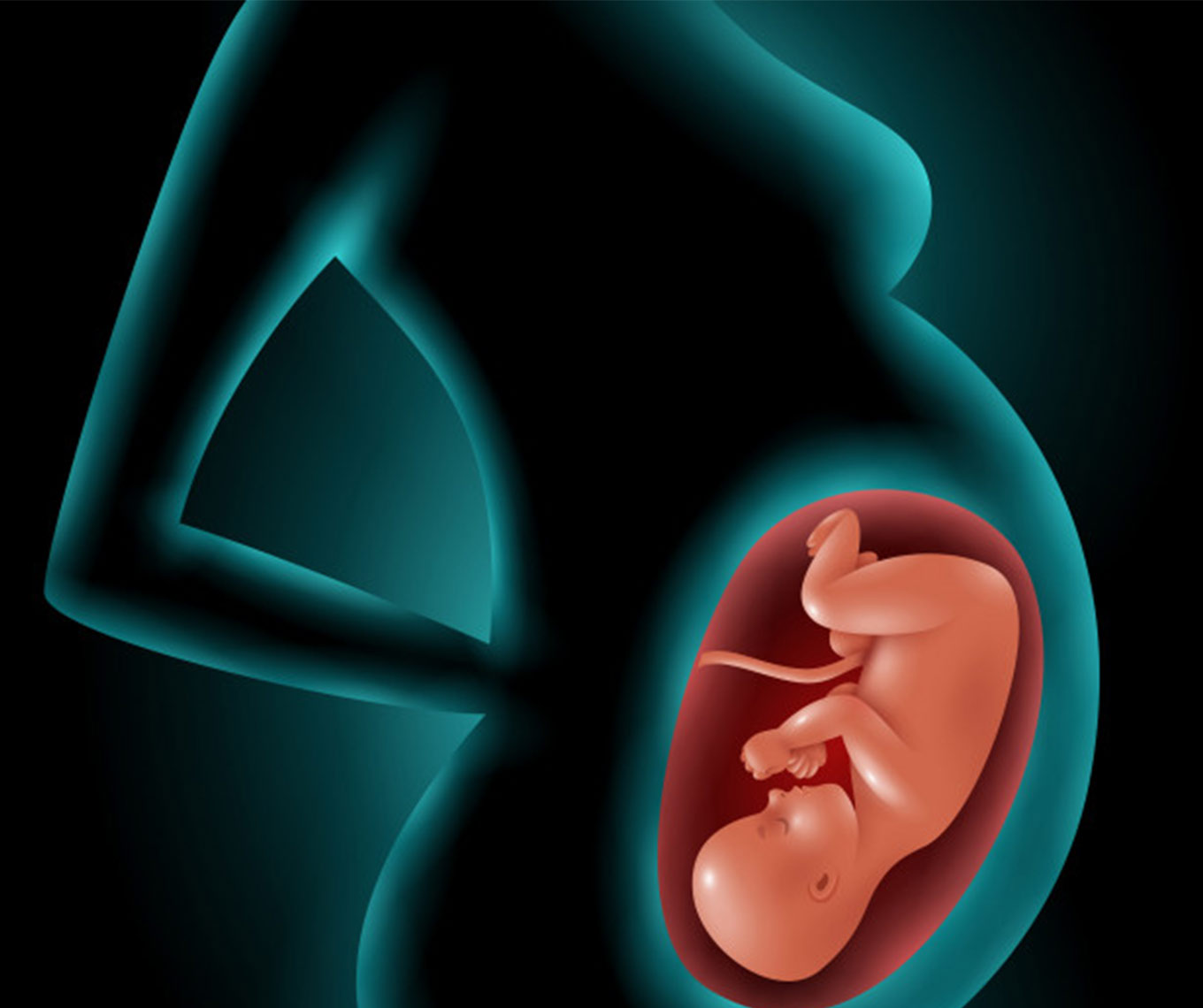Pregnancy is one of those exciting times in a woman’s life, but it can also be filled with fears. There are procedures such as amniocentesis that can generate anxiety and insecurity. That is why medical advice is so important. It can help you clarify doubts, avoid complications, and allay fears about simple procedures, such as amniocentesis.
Next, we will briefly explain some aspects of this prenatal exam.
What is amniocentesis?
Amniocentesis is a prenatal diagnostic test. This allows the evaluation of genetic problems in the fetus. To do this, a sample of amniotic fluid is also obtained, which brings with it many cells from the fetus. The sample is withdrawn using a needle that is inserted through the abdominal wall. A live ultrasound is used to direct aspiration, and anesthesia may be given to decrease discomfort.
This is not a routine procedure. That is, it is not performed for all pregnant women. Nor should it be done before week 15 of gestation to avoid complications. And, something very important is that it must be accompanied by good genetic counseling. This way, your doctor can educate you on the scope and limitations of the study.
Indications and contraindications
Amniocentesis is usually recommended in the following cases:
- When there are fetal abnormalities detected by ultrasound
- When there is a high risk of contracting a genetic problem
- In couples who have had previous pregnancies with genetic problems
- In case of risk of fetal infectious disease
- Due to maternal anxiety and express decision of the pregnant woman
Even in these cases, there are certain contraindications:
- Women with hepatitis or HIV, especially in cases of high viral load
- In cases of RH incompatibility and other problems that can cause an immune response against the fetus
- Active infection in pregnant women or fever
- Genital bleeding and recently threatened abortion
- Coagulation problems or intracavitary hematoma
- Abnormal separation in the chorioamnionitis membranes
It is also important to note that, although it is a medical procedure, amniocentesis also has its limitations. The test may give false positives or an inconclusive result. After obtaining the sample, several studies can be carried out, depending on the case. For this reason, it is important that an experienced doctor performs and guides it.
Currently, it is possible to avoid the procedure that is considered invasive and in some cases may pose a risk of pregnancy loss.
There is the possibility of obtaining the fetal cariotype to rule out chromosomal diseases such as Down syndrome, among others, only by obtaining a maternal blood sample. Which allows us to offer the best in technology and infrastructure for our patients
If you have questions regarding your pregnancy or have had problems with previous pregnancies, consult with an expert in prenatal diagnosis to consider amniocentesis and other techniques that may help you resolve your doubts and calm your concerns.

We want to thank Dr. Francisco Abel Martínez Avila for reviewing this content. He is a gynecologist and obstetrician who provides consultation in Medici Medical, Specialties Clinic, in Mexico City. He obtained a Bachelor’s Degree as a Surgeon at the Mexican School of Medicine of La Salle University 1990, and a Specialty in Gynecology and Obstetrics at General Hospital “Dr. Manuel Gra González” of National Autonomous University of Mexico 1996.




